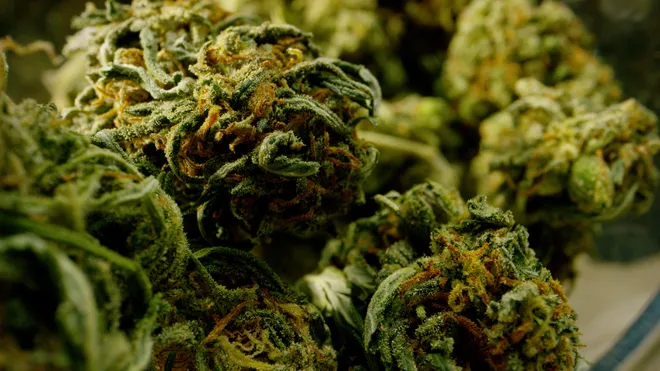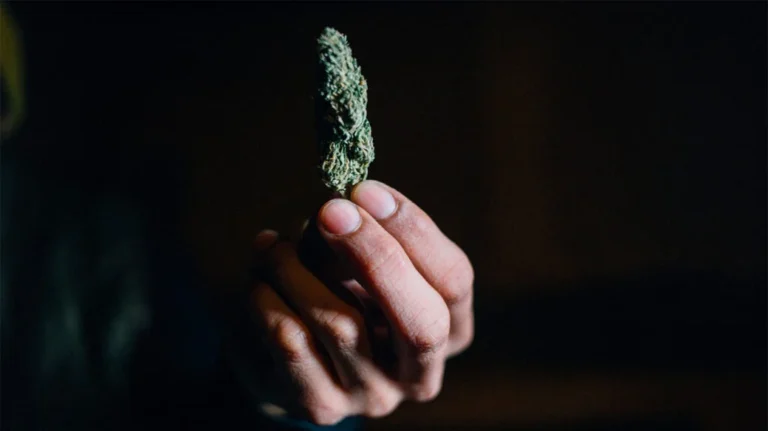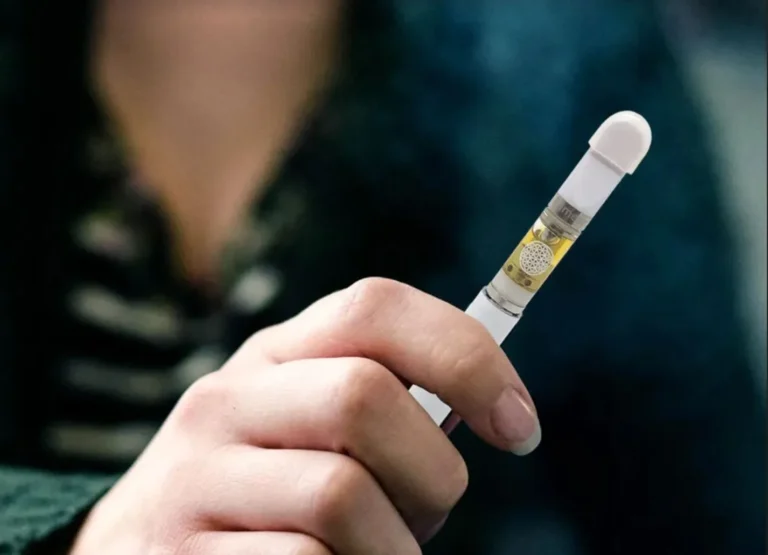What Is THC
Tetrahydrocannabinol, better known as THC, is a key compound in the cannabis plant, recognized for its psychoactive effects. It is the primary agent behind the “high” experienced from marijuana, making it a cornerstone of both recreational and medicinal cannabis products. THC is available in various forms, including edibles, vapes, oils, and concentrates, each offering different methods of consumption.
THC belongs to a group of compounds called cannabinoids, which influence the body’s endocannabinoid system (ECS). This intricate system helps regulate critical functions like mood, appetite, pain, and memory. When THC binds to cannabinoid receptors—mainly CB1 receptors in the brain—it triggers a range of effects, from feelings of euphoria to altered perception. This interaction sets THC apart from other cannabinoids, like CBD, which does not produce intoxicating effects.
THC was first discovered in the 1960s by Israeli chemist Dr. Raphael Mechoulam, who successfully isolated the compound. Since then, extensive research has unraveled its chemical structure, effects on the body, and potential medical applications.
As cannabis research continues to expand, so does the knowledge of THC’s diverse uses, ranging from recreational enjoyment to its therapeutic potential.

THC stands out from other cannabinoids primarily due to its psychoactive effects. When consumed, it can trigger various mental and physical responses, such as heightened sensory perception, relaxation, and mood shifts. Some individuals may notice enhanced creativity or altered perceptions, while others might experience temporary memory issues or anxiety, depending on the dosage and their personal biology. Managing these effects largely depends on factors like dose, consumption method, and tolerance, so starting with a low dose and observing one’s reactions is crucial.
Beyond recreational use, THC plays a vital role in medical cannabis. Many patients rely on THC-rich products to help alleviate chronic pain, nausea, and appetite loss, especially in cases like cancer, AIDS, and multiple sclerosis. Its pain-relieving properties are well-documented, making THC a staple in medical prescriptions for pain management. Additionally, it has potential in addressing conditions like insomnia and PTSD, where its psychoactive qualities can provide relief from both mental and physical distress.
THC’s legal status is complex, varying significantly by location. In some areas, it is legal for both recreational and medical purposes, while in others, its use remains strictly controlled. With expanding legalization, particularly across North America, the THC market has experienced rapid growth, spurring innovation in product forms and consumption methods. From traditional smoking to modern vaping and edibles, consumers now have a wide range of options, each offering distinct experiences in terms of effect onset and intensity.
The future of THC research is promising as scientists delve deeper into its therapeutic potential. While there are ongoing debates about its long-term effects on mental health, particularly among younger users or those prone to mental health issues, the general consensus leans toward its benefits when used responsibly. Emerging research also focuses on the interaction between THC and other cannabinoids like CBD, seeking to maximize health benefits while minimizing side effects such as paranoia or anxiety.
THC remains one of the most important compounds in cannabis, offering both recreational appeal and medicinal value. Its interaction with the body’s endocannabinoid system opens up possibilities for treating a variety of physical and mental health conditions. As legalization progresses and research continues, our understanding of THC’s full potential will likely expand, influencing the future of cannabis-based products. Whether you’re looking for relaxation or relief, THC delivers a unique experience that has made it a cornerstone of cannabis culture.






